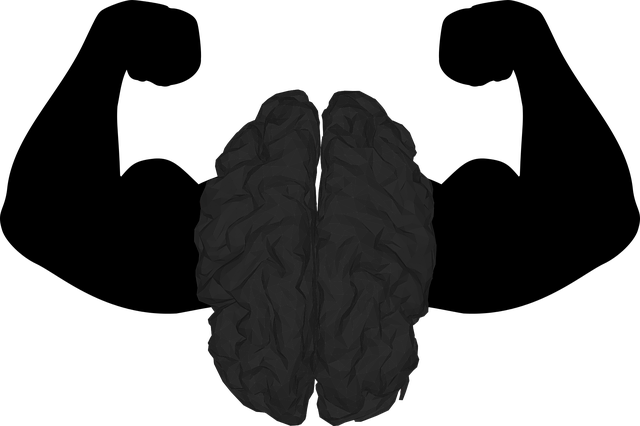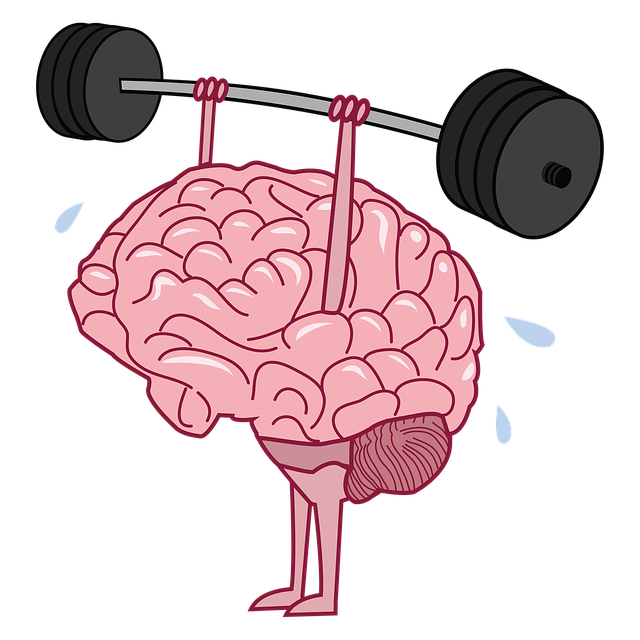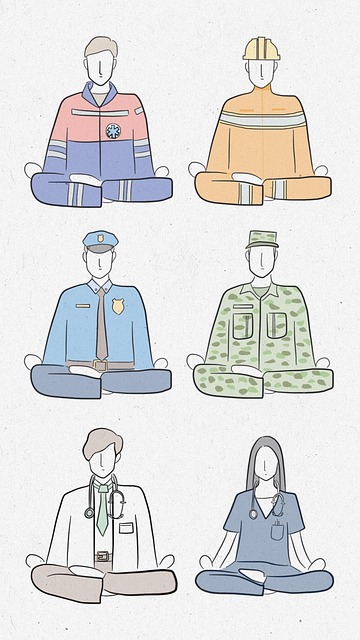Assessing progress is vital for the effectiveness of mental wellness programs, especially those targeting young adults. For therapy for young adults, therapists track personal growth through symptom tracking, emotional regulation evaluations, and well-being assessments. Couples counseling progress is measured by examining relationship dynamics, conflict resolution skills, emotional intimacy, and mutual support, with both partners' feedback crucial for a collaborative environment. These evaluation methods also help identify needs for trauma support services. Measuring the impact of couples counseling on communication patterns is transformative, using pre- and post-counseling assessments and mental wellness journaling exercises to evaluate immediate and long-term effects. Integrating community outreach ensures these programs cater to diverse populations, enhancing inclusive care.
Mental wellness program evaluations are vital for gauging effectiveness and driving continuous improvement. This article explores three key methodologies, offering insights into best practices for assessing progress in distinct therapeutic settings. We delve into assessing individual and group progress in therapy for young adults, examining tools that track changes in mood, behavior, and social skills. Additionally, we scrutinize the impact of couples counseling on communication patterns using qualitative and quantitative metrics. By understanding these evaluation methods, mental health professionals can enhance program outcomes, ensuring tailored support for individuals and couples seeking help.
- Assessing Individual and Group Progress in Therapy for Young Adults
- Measuring the Impact of Couples Counseling on Communication Patterns
- Evaluating Mental Wellness Programs: Tools and Techniques for Continuous Improvement
Assessing Individual and Group Progress in Therapy for Young Adults

Assessing progress in therapy is vital for understanding the effectiveness of mental wellness programs, particularly when tailored to young adults. For individuals seeking therapy for young adults, tracking personal growth involves evaluating changes in symptoms, emotional regulation, and overall well-being. Therapists can use standardized assessments, client self-reports, or observational techniques to gauge progress over time. This process allows for adjustments to the treatment plan, ensuring it remains aligned with the client’s evolving needs.
In couples counseling, assessing progress might focus on the dynamics and communication within the relationship. By observing improvements in conflict resolution, emotional intimacy, and mutual support, therapists can discern the success of the intervention. Incorporating feedback from both partners is essential to understanding the collective progress, fostering a collaborative environment that promotes mental health awareness and positive thinking. Additionally, these evaluation methods play a crucial role in identifying areas requiring trauma support services, ensuring young adults receive comprehensive care tailored to their unique experiences.
Measuring the Impact of Couples Counseling on Communication Patterns

Measuring the impact of Couples Counseling on communication patterns is a vital aspect of evaluating its effectiveness in therapy for young adults. By examining how couples interact before, during, and after counseling sessions, mental health professionals can gain valuable insights into the program’s success. This process involves assessing improvements in active listening, open dialogue, and conflict resolution skills, which are essential components of healthy relationships.
Through regular assessments and self-reported Mental Wellness Journaling Exercises, clients can document their experiences and track progress in developing coping skills and inner strength. These tools not only help counselors gauge the immediate effects of counseling sessions but also provide long-term guidance for continued growth. By fostering better communication patterns, Couples Counseling aims to empower young adults with essential life skills, enabling them to navigate future challenges more effectively.
Evaluating Mental Wellness Programs: Tools and Techniques for Continuous Improvement

Evaluating mental wellness programs is an essential aspect of ensuring their effectiveness and continuous improvement. It involves a systematic process to assess various components such as client outcomes, program delivery, and overall impact on participants’ mental health. The primary goal is to identify what works well and areas that require adjustments or enhancements, especially in specialized therapies like therapy for young adults and couples counseling.
Effective evaluation methods include both qualitative and quantitative techniques. Surveys, feedback forms, and interviews allow participants to share their experiences and perceptions. These valuable insights can highlight improvements in symptoms of anxiety relief and overall satisfaction with the program. Additionally, data collection through records and measurements before and after therapy sessions provides tangible evidence of progress. Integrating community outreach program implementation strategies into these evaluations ensures that mental wellness initiatives cater to diverse populations and effectively reach those in need, fostering better communication strategies for inclusive care.
Evaluating mental wellness programs is essential for ensuring their effectiveness, especially in areas like therapy for young adults and couples counseling. By utilizing a combination of methods that assess individual and group progress, as well as measuring the impact on communication patterns, we can gain valuable insights into what works best. These tools empower professionals to continuously improve programs, ultimately fostering healthier outcomes for participants. In today’s digital age, staying attuned to these evaluation methods is crucial for revolutionizing mental health support and navigating the complex needs of our modern society.










